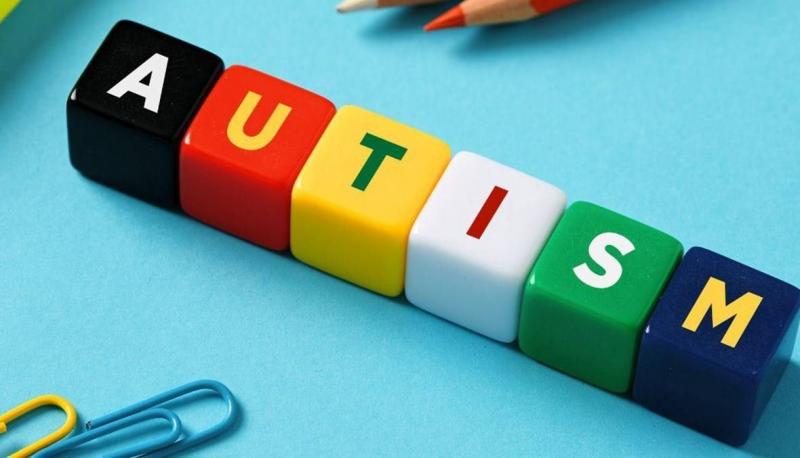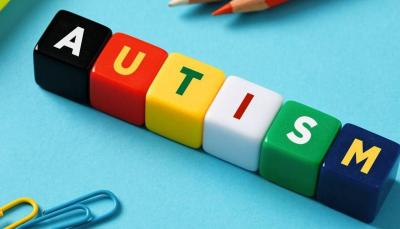Today, attention is focused on a simple and inexpensive test that could serve as a new means for detecting autism. Researchers have discovered consistent differences between the gut microbes of individuals with autism and those who do not have the condition. According to The Guardian, a simple stool test may reveal autism at an early stage.
**How is autism usually diagnosed?**
Typically, a confirmed diagnosis of autism can take 3 to 4 years when there are suspicions. In some cases, this period may extend to 6 years. Based on this standard, there is high effectiveness with children under the age of 4, making early diagnosis easier. Moreover, autism rates have noticeably increased in recent decades. However, this may be due to increased awareness of the issue and improved diagnostic methods. In the UK, it is estimated that 1 in 100 individuals has some degree of autism.
**What are the causes that may lead to autism?**
Studies on twins have shown that autism is genetically determined in 60 to 90 percent of cases. However, other factors can contribute as well:
- Parents being of advanced age at the time of conception
- Complications during birth
- Exposure to polluted air
- Exposure to chemical pesticides during pregnancy
Autism manifests in varying degrees, ranging from signs of lack of response when a child is called by name and avoiding eye contact, to cases where there is difficulty understanding and feeling anxious when daily routines change.
**What did the new study reveal?**
Researchers found that individuals with autism have less diverse bacteria in their digestive systems. However, it remains unconfirmed whether this is a result of autism in some way, or if it contributes to the condition; this remains a topic of debate. To arrive at these results, samples from 1,627 stools were analyzed from children aged between 1 and 13, some of whom were diagnosed with autism. The samples were checked for the types of bacteria present as well as viruses or fungi. It became evident that the gut microbes differ in autistic children compared to non-autistic children, with autistic children being able to be accurately distinguished by 82 percent based on 31 specific bacteria and certain vital functions in the digestive system.
According to the researchers, while genetic factors play a role in the onset of the disease, the microbiome may also be one of the contributing factors by affecting immune responses.




